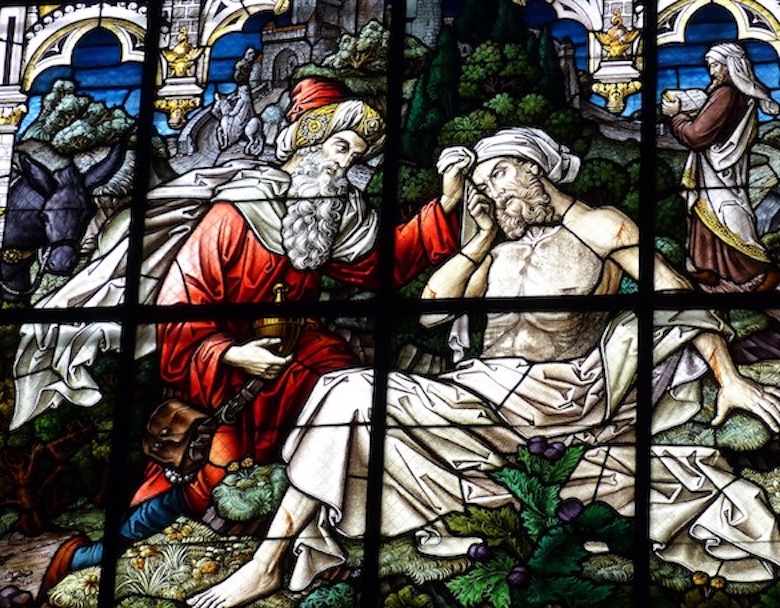
The Lord’s Prayer serves as a model for Christian prayer. While some denominations recite it verbatim, others use it as an example. Either way, the prayer instructs us to pray for things to be on earth as they are in heaven. We want earth to be a mirror of what heaven is and a place where there is no pain or suffering.
Heaven on earth is a concept that isn’t as widely agreed upon as you might expect. The eschatology that you hold can change the way you help make the Kingdom of God on earth. You can read a bit more about how the belief in the end of the world can change your views on life now HERE.
The Social Gospel is a framework that focuses on the kingdom of God here on earth. One of the most influential people of the early 20th century is our topic today – Walter Rauschenbusch.
If you don’t know, read up on what the Social Gospel is here.
Who is This Guy?
Walter Rauschenbusch is not a household name but he was an important figure in the Social Gospel. He was born and raised in Rochester, NY during the mid-1800s. In 1886, he became an ordained Baptist minister. He later relocated to Hell’s Kitchen, NY and became the pastor of the Second German Baptist Church. It was during this time that he encountered the pressing issues of the city.
While in Hell’s Kitchen, he began to create a coalition of other ministers who saw the need for the Church to rally with the common man. He helped form the Brotherhood of the Kingdom in 1892. While this organization was short lived, they were a mix of pastors and writers who wanted to see the kingdom on earth.
During his role as pastor, Walter was a thought leader in the Social Gospel movement. He penned two major works – Christianity in Social Crisis (1907) and A Theology for the Social Gospel (1917). After years of watching his congregation be mistreated and living in poverty, his Christianity shifted towards the needs of the people. Walter died shortly after in 1918 and has gone on to influence multiple Christians who see Jesus and the oppressed as being inseparable.
Rauschenbusch’s Christianity
Rauschenbusch believed that Christianity had a social and political dimension. The Church had a responsibility to address the social and economic problems of its day, chiefly poverty, inequality, and injustice. He argued that the Gospel message of salvation was about the redemption of society as a whole. This came despite the long history of personal salvation revivals that flourished in Early America.
“Whoever uncouples the religious and the social life has not understood Jesus. Whoever sets any bounds for the reconstructive power of the religious life over the social relations and institutions of men, to that extent denies the faith of the Master.”
– Christianity and the Social Crisis.
The salvation of the whole was the goal of each Christian on earth. While each period of history had its own challenges, the American solution was Democracy and cooperation. Instead of fracturing, an ecumenical union of clergy, laypeople, and non-religious people could make great change.
Overall, the problem that Walter Rauschenbusch was focused on was the inequality between the rich and the poor. Rauschenbusch promoted the idea of Christian Socialism – the idea that the greed of capitalism goes against God. Since capitalist greed is one of the root sins of America, Walter Rauschenbusch was a proponent of the labor unions and pulling the poor out of poverty.
What Now?
I love the framework of the Social Gospel. It has inspired the 40-hour work week, child labor laws, and has fueled civil rights leaders like MLK and Desmond Tutu. Everybody – conservative and liberal – can read the words of Jesus through this frame and find a new way to love their neighbor and help bring the Kingdom of God to earth.













